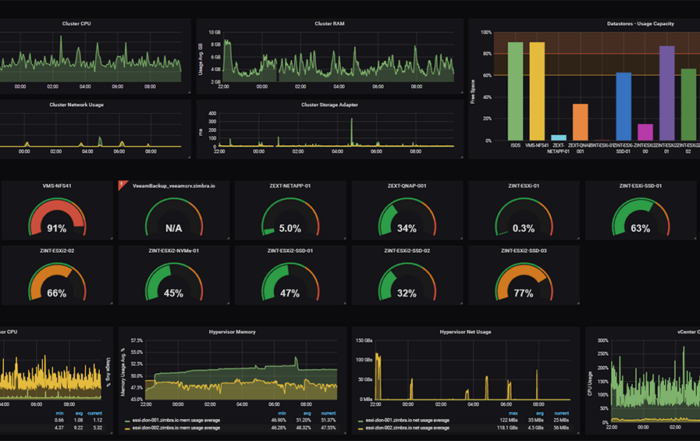
Every tech aficionado knows that the Cloud has transformed how businesses operate. But like all revolutions, the move to cloud-based environments brings with it both incredible opportunities and unique challenges. One of the most pressing of these challenges is secrets management. You might be thinking, “Secrets? What is this, a James Bond movie?” Close! We’re talking about the sensitive data and configurations that need protection in the Cloud, akin to the 007-level security they deserve.
What are ‘Secrets’?
‘Secrets’ in the cloud context refer to API keys, database credentials, tokens, and other sensitive pieces of information that applications and services require to function. These are, quite literally, the keys to the kingdom; hence, managing them correctly is of utmost importance.
Why is Secrets Management Vital?
A secret leak can lead to a domino effect: unauthorized access, data breaches, and potential compliance violations. It’s not just about keeping nefarious actors out; it’s also about ensuring that every component in your system, from services to applications, can safely and seamlessly communicate without compromising security.
Strategies for Secrets Management:
Let’s delve into the secret sauce (pun intended) of managing secrets in the cloud:
1. Principle of Least Privilege (PoLP):
Every system, individual, or application should only have access to the information it needs, nothing more. This minimizes the risk. If an entity gets compromised, the potential damage is limited.
2. Regular Rotation:
Change is good. Especially when it comes to secrets. Regularly rotating secrets ensures that any potential leaks have a short-lived impact.
3. Separation of Duties (SoD):
Separation of duties means different entities have different responsibilities. For example, the system managing your secrets shouldn’t be the same as the one deploying your apps.
4. Auditing and Logging:
Monitor, monitor, monitor. Always know who accessed what and when. This is crucial for detecting breaches and understanding vulnerabilities.
5. Encryption:
Both at rest and in transit, secrets should be encrypted. This ensures that even if they fall into the wrong hands, they remain unintelligible.
Tools for the Trade:
A strategic approach is nothing without the right tools. Here are some of the most trusted tools in the cloud secrets management space:
1. AWS Secrets Manager:
If you’re committed to the AWS ecosystem, this tool integrates seamlessly. It’s designed to rotate, manage, and retrieve database credentials, API keys, and other secrets throughout their lifecycle.
2. HashiCorp Vault:
Vault has gained popularity thanks to its focus on both secrets management and data protection. Its dynamic secrets feature means credentials are not static but are generated when needed, limiting their exposure.
3. Azure Key Vault:
For those deeply entrenched in the Microsoft cloud world, Azure Key Vault is a versatile choice. It manages cryptographic keys and other secrets used by cloud apps and services.
4. Google Cloud Secret Manager:
Tailored for GCP users, this tool is a robust solution that provides secret versioning and auditing, ensuring fine-grained control over your secrets.
5. CyberArk Conjur:
A platform-agnostic tool, CyberArk Conjur is open-source and designed specifically for containerized environments, providing a level of flexibility some other tools don’t.
In Conclusion:
Managing secrets in the cloud is an evolving discipline. As threats grow in complexity, so do the strategies and tools we deploy against them. While it’s tempting to hope for a silver bullet solution, the truth is that it requires a layered approach, leveraging both strategy and technology.
The strategies mentioned above are not exhaustive, and neither is the list of tools. However, they offer a solid starting point for anyone looking to bolster their cloud security posture. The essence is to remain vigilant, proactive, and always curious about the next layer of protection you can add. After all, in the world of cloud environments, a secret should always remain… well, a secret!
Note: This blog post, while informative, is meant to be a starting point. Always consult with security professionals when implementing secrets management in your organization.





